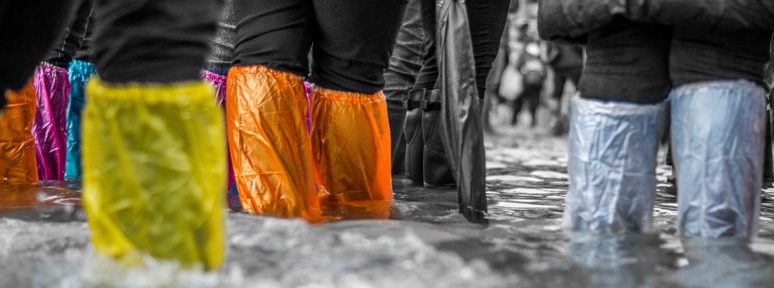
By Ross Langthorp | Nov 2021
 My name is Ross Langthorp, a recent BSc Geography graduate from the University of Hull. I have been fortunate enough to take on the position of Post-Flood Recovery Research Intern over a 12-week period for the Mapping the Flood Recovery Gaps project, a collaboration between the University of Hull, Flood Innovation Centre and the Aviva Foundation, which ultimately, looks to address and improve post-flood recovery support (find out more here). Throughout the 3 months, working with a great team, I have participated in a range of activities and learnt a large amount. These are the 4 key aspects of my internship experience that I would like to share with you.
My name is Ross Langthorp, a recent BSc Geography graduate from the University of Hull. I have been fortunate enough to take on the position of Post-Flood Recovery Research Intern over a 12-week period for the Mapping the Flood Recovery Gaps project, a collaboration between the University of Hull, Flood Innovation Centre and the Aviva Foundation, which ultimately, looks to address and improve post-flood recovery support (find out more here). Throughout the 3 months, working with a great team, I have participated in a range of activities and learnt a large amount. These are the 4 key aspects of my internship experience that I would like to share with you.
1 – Humber Descriptions Document & NVivo Policy Paper Coding – Large aspects of my research focus were based upon 2 activities. The first was the Humber Descriptions document where I extensively researched and created a report detailing the geographical background, flood history, risk and management for the region; the second was using specialist NVivo software to code over 30 UK policy papers focusing on flood recovery. For both, I communicated the findings to team members through a formal report and carefully prepared presentations.
2 – Climate Café, The Deep, & Waterline Summit, Aura Innovation Centre – I participated in a mix of events with the Climate Café, my first in-person occasion, which frequently brings together a range of local stakeholders, such as councillors and academics, to network and discuss flood issues for the region. The second event was the Waterline Summit 2021 week with both in-person and online events attended, which provided interesting information on environmental issues and work carried out by an array of groups and organisations such as Living with Water, RSPB, and the Decarbonised Gas Alliance.
3 – Serious Game Trials – One of the main focuses for my team is the ongoing development of the Serious Game workshops, which are to take place in the new year; a serious post-flood recovery board game is being designed by the team to be played by flood stakeholders, such as businesses, councillors and organisations, at the workshops to help promote and improve collaboration for flood recovery support. I organised the initial Serious Game trial events through email and took part as a player myself to aid the team in developing the game – which was a very enjoyable experience where I learnt more about the process of coordinating events.
4 – Collaborations with the Larger Team & External Team – I was also involved within our wider Flood Innovation Centre team, attending weekly meetings and participating in serious game trials for a Property Flood Resilience workshop, helping the game developers perfect their game. I also helped with a separate internship project, which looks to target hedgerow planting efforts to aid afforestation and carbon sequestration. Meetings took place where I offered advice regarding the Serious Game trial sessions I organised in order to help their workshop development.
My valuable experiences within the internship have developed my transferable skills such as independence, writing, researching, presenting, communicating, networking, organising, advising and team-working in multiple teams. With these skills and experiences, I feel I am prepared for a future career in several areas such as a researcher or flood consultant; I am also interested in environmental and conservation careers (such as environmental consultant and conservation officer) and would be eager to develop further in a graduate position.
A very special thank you to Dr Steven Forrest and Dr Cecilia I De Ita Velez for supervising and helping me throughout the process!
If you would like to contact me, please get in touch: langthorpr.langthorpr@outlook.com
Thank you for reading!